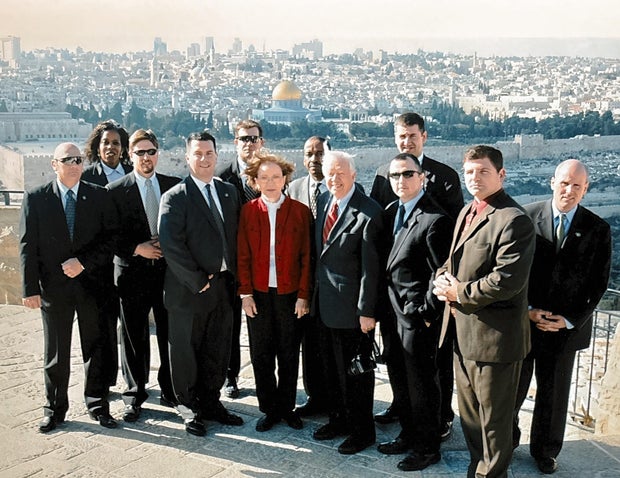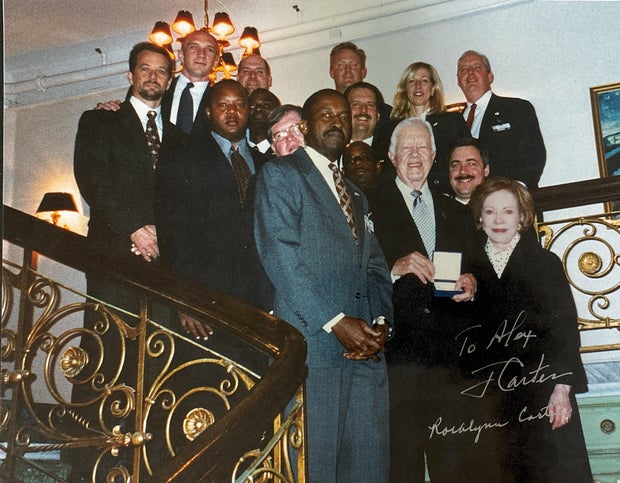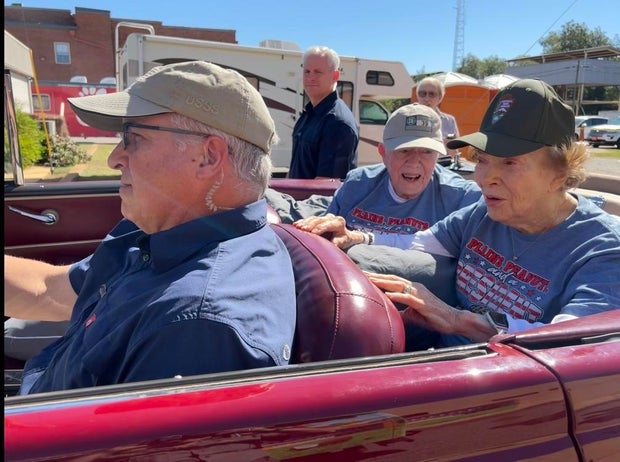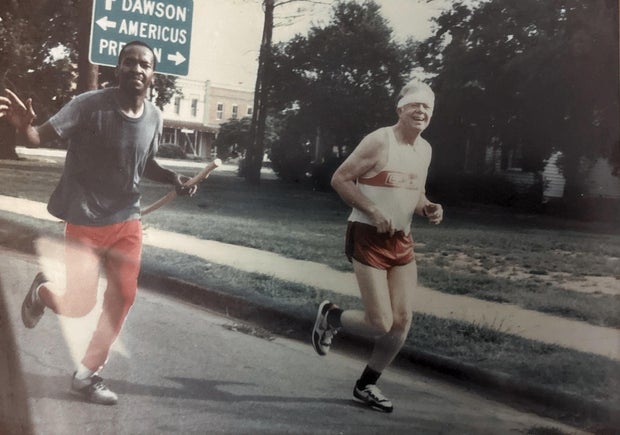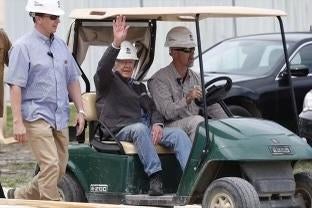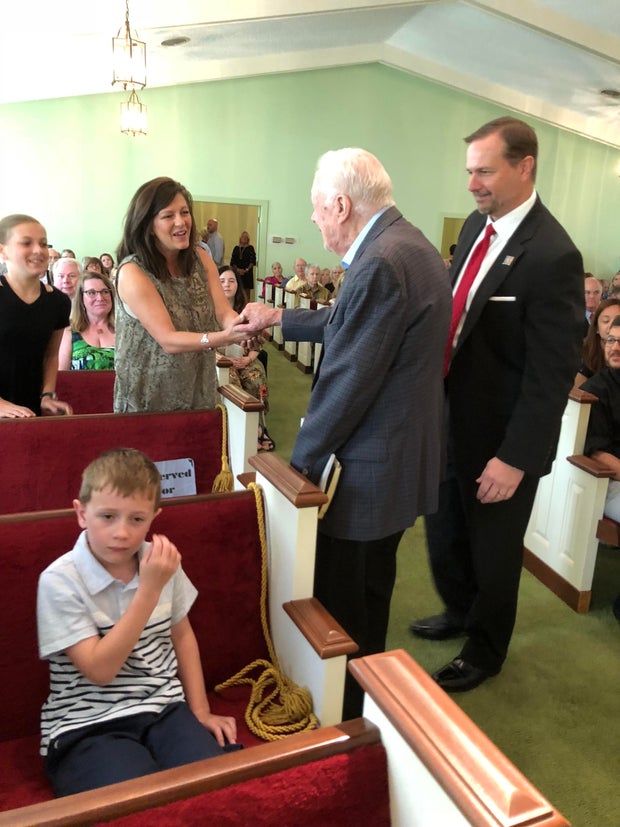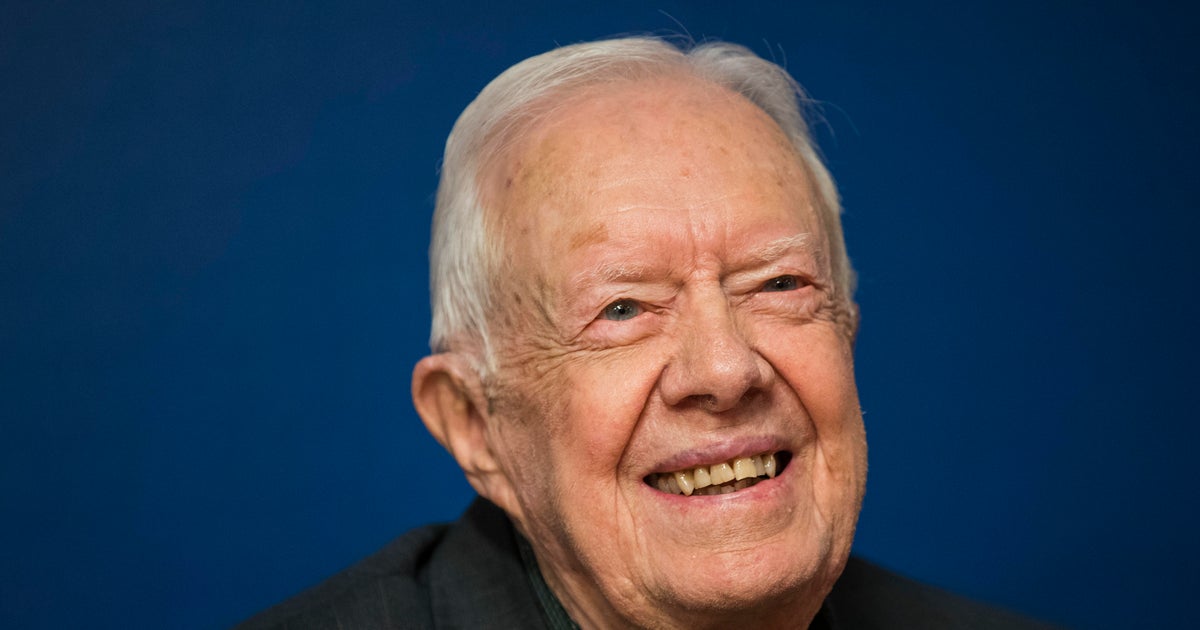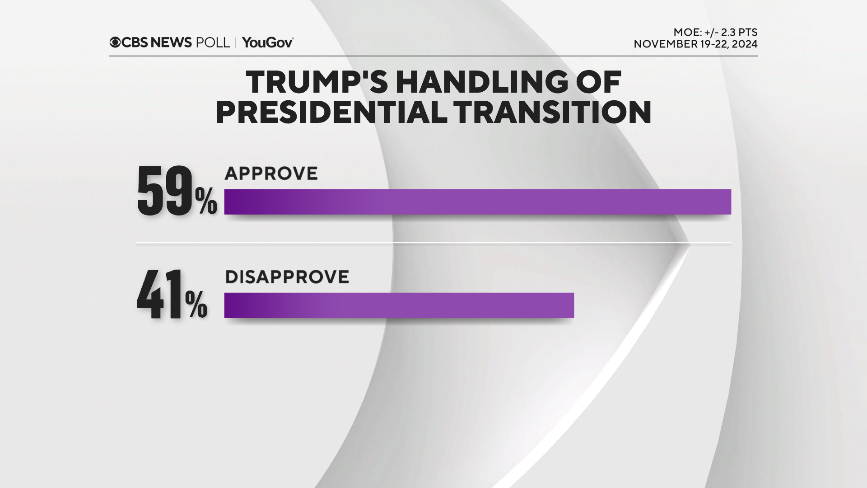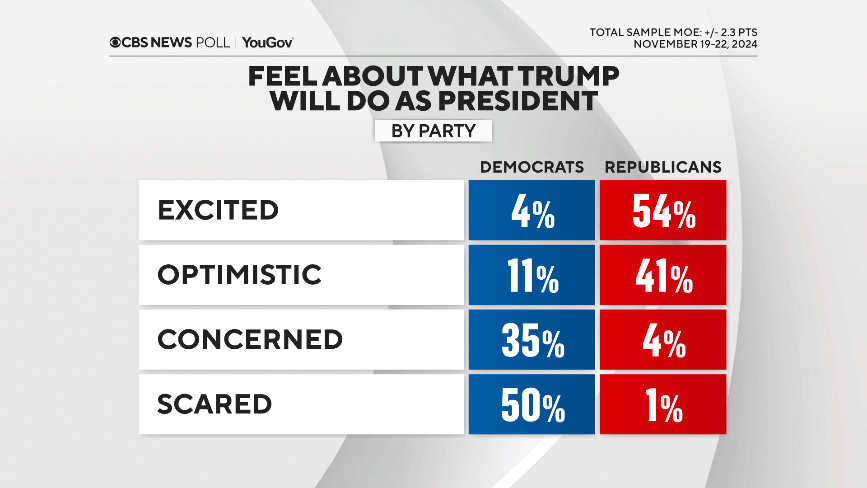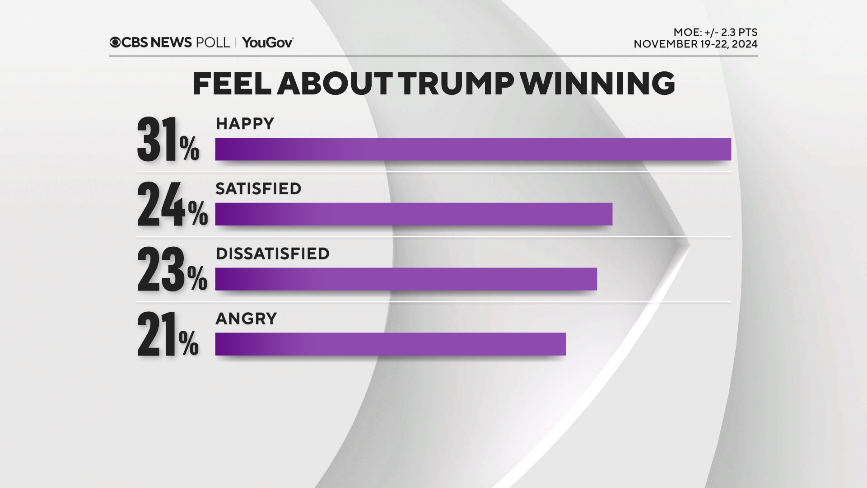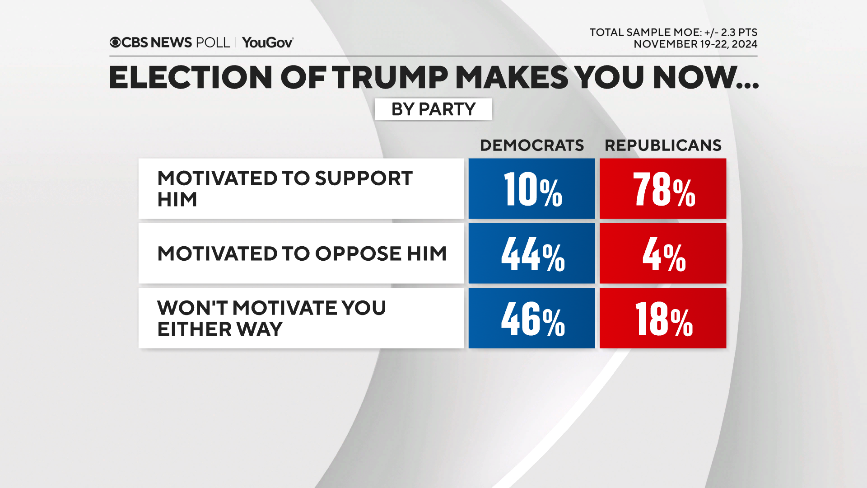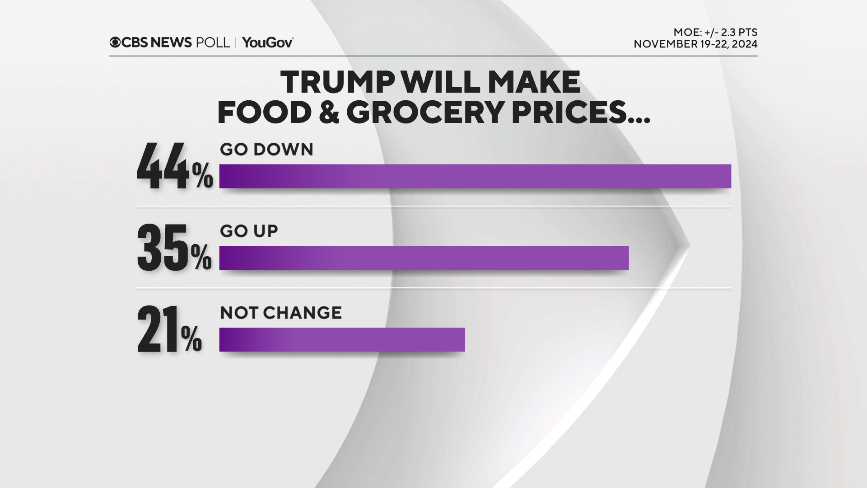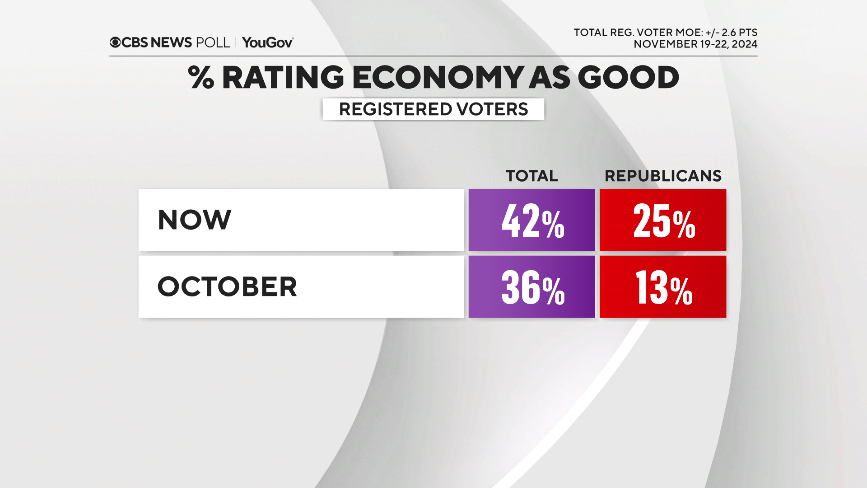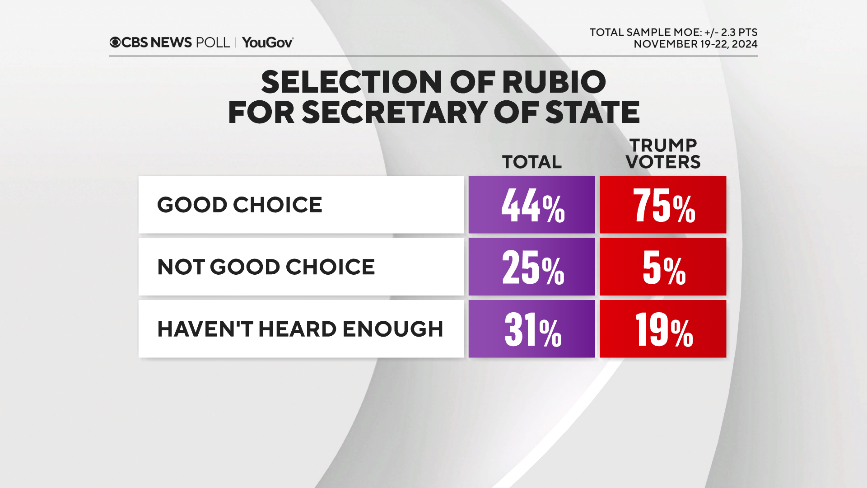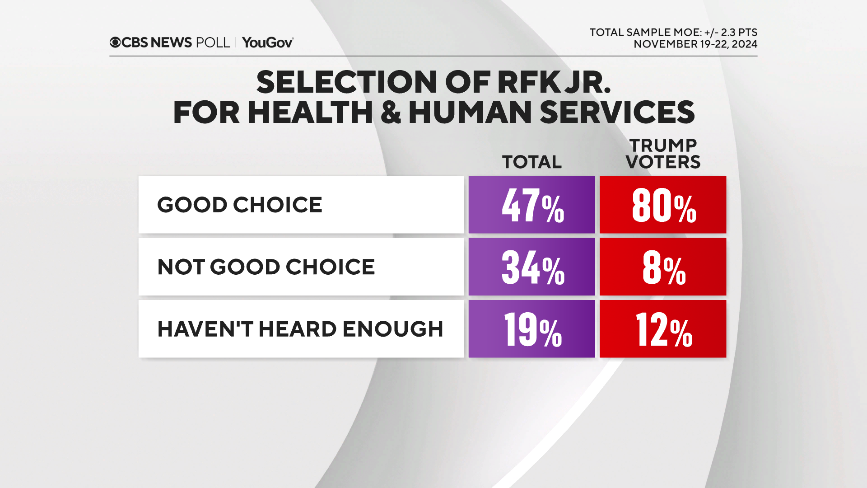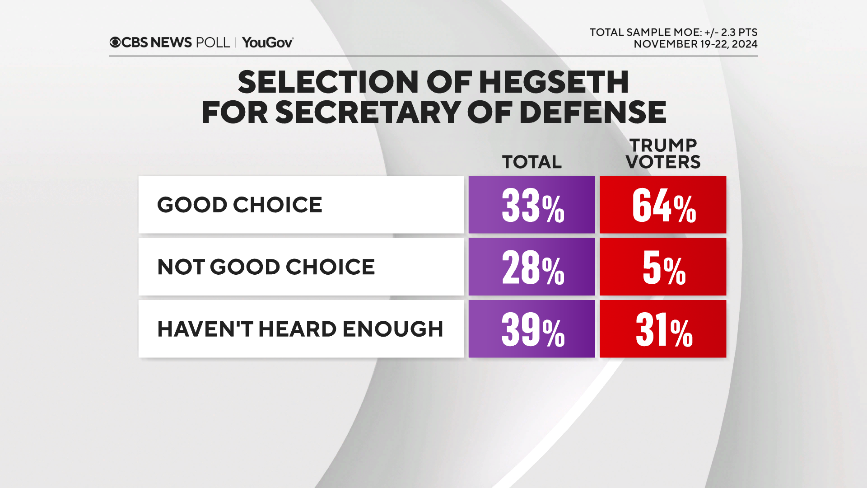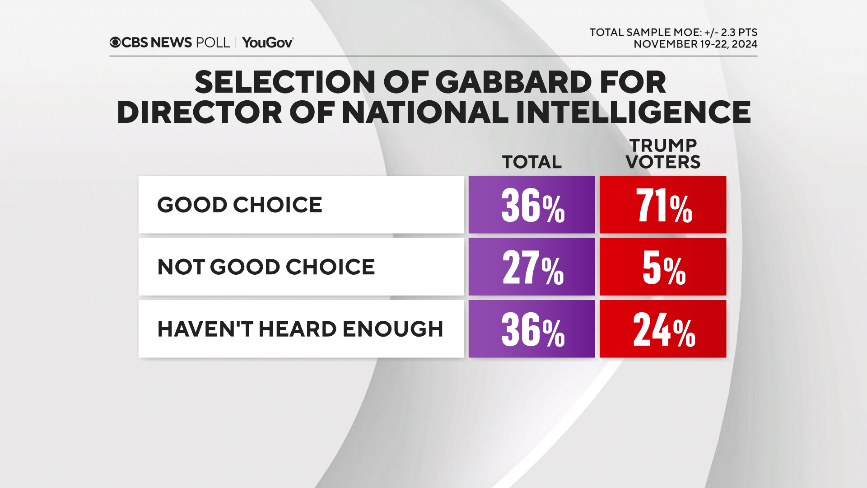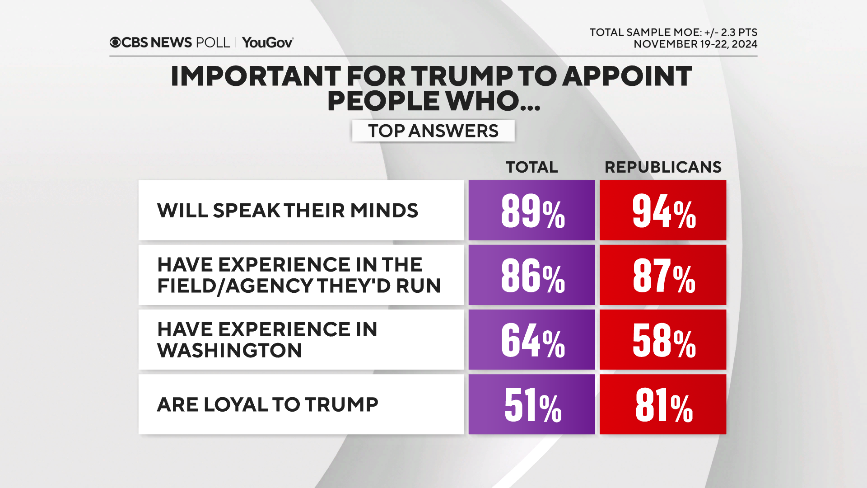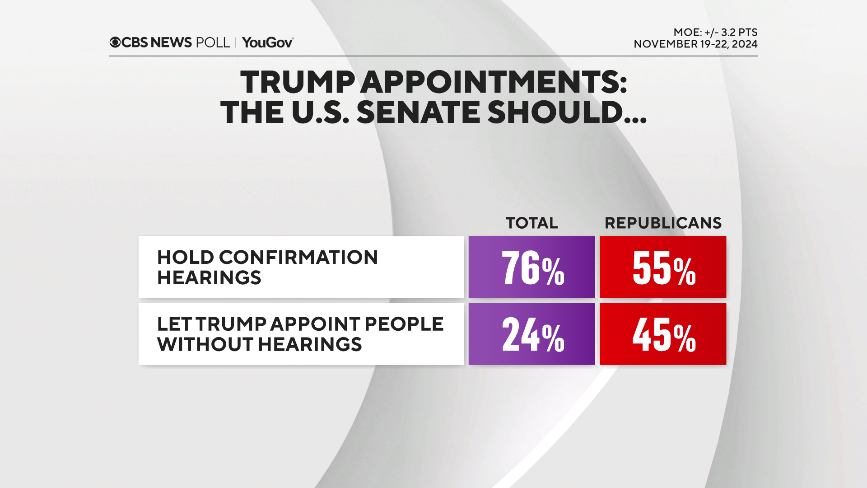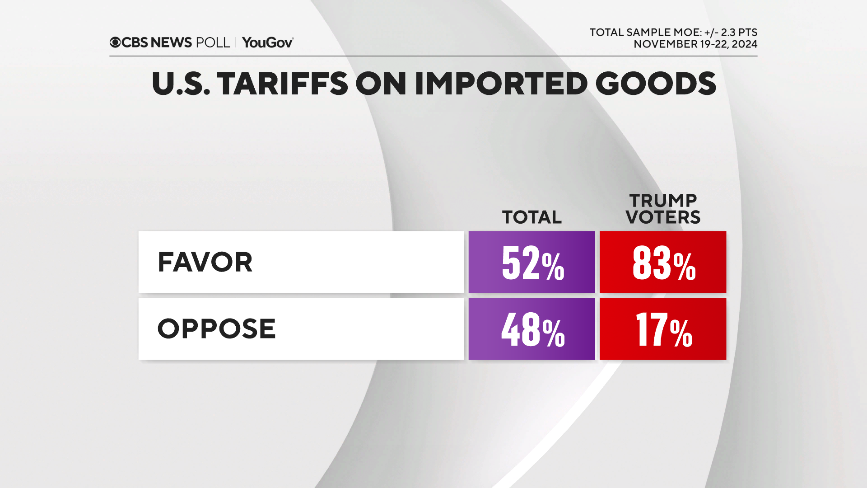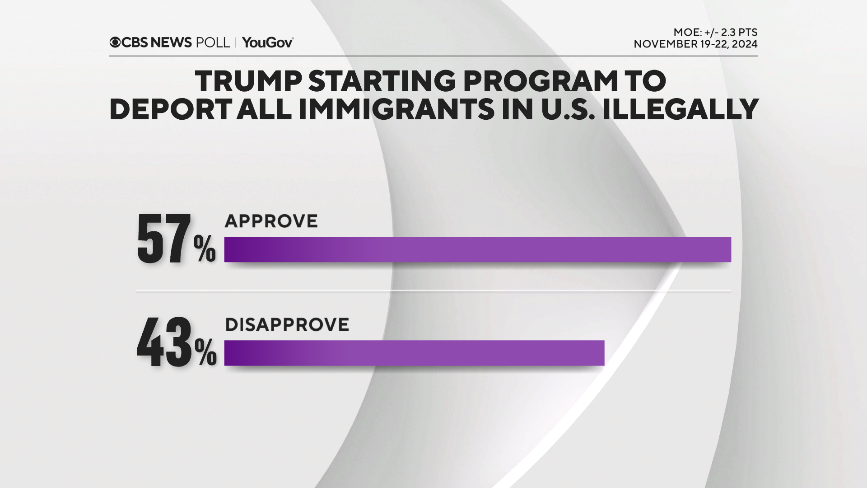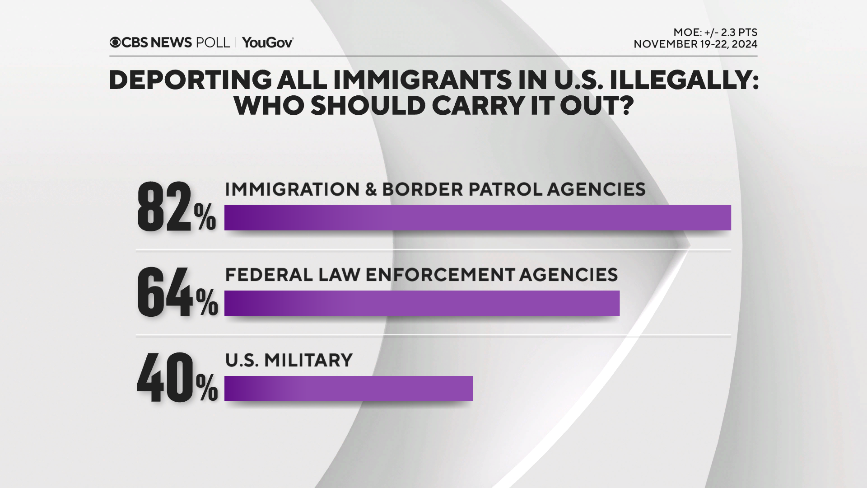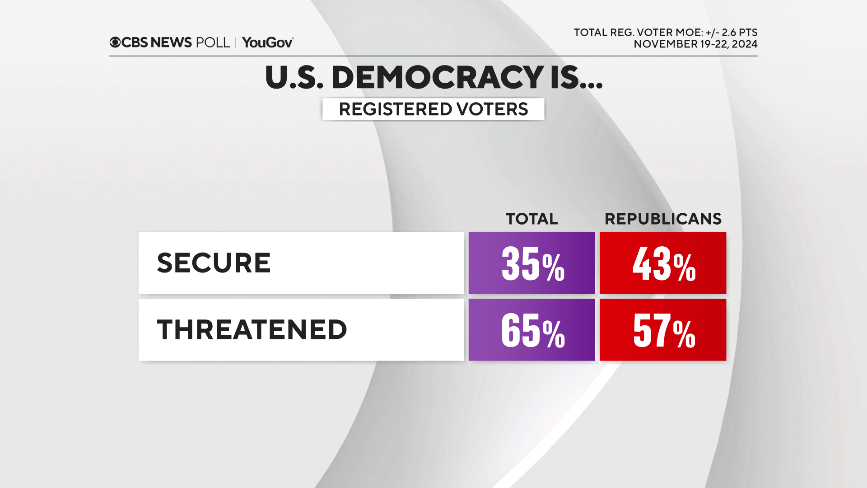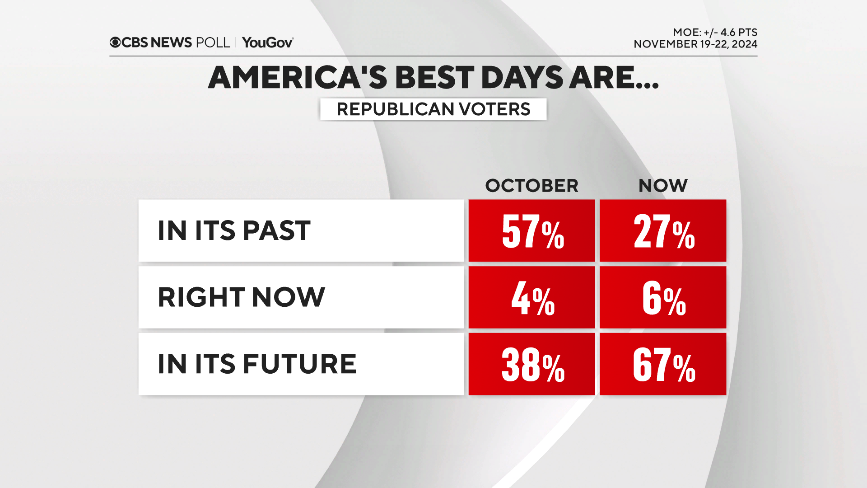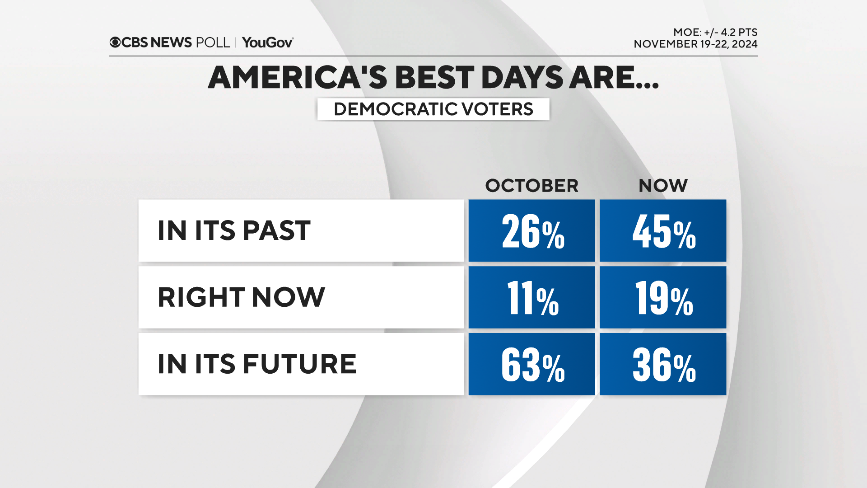CBS News
On President Jimmy Carter’s 100th birthday, his Secret Service detail reflects on the assignment of a lifetime

Plains, Georgia — When former President Jimmy Carter exited the White House in 1981, few expected his no-frills hometown of Plains, Georgia — population 557 — to become his launch pad to the world — including his U.S. Secret Service detail.
“We’d fly from the middle of nowhere Africa all the way back to nearby Americus, Georgia,” recalled Alex Parker, longtime Special Agent in Charge of Carter’s detail, who traveled to over 140 countries with the 39th president.
Carter, a peanut farmer turned Navy submariner turned governor turned president turned humanitarian, earned yet another title as he turned 100 years old on Oct. 1. The longest protective mission of the U.S. Secret Service.
Courtesy of Alex Parker
A dangerous assignment
Special Agent in Charge Bill Bush became one of the first Americans to cross into North Korea after the Korean War ended when he accompanied Jimmy and Rosalynn Carter to the DMZ.
“We were told by the State Department and a lot of other agencies that, ‘hey, you can’t carry weapons into North Korea – you can’t do this, you can’t do that,'” said Bush as he recounted slicing through bureaucratic red tape. “My question always to them, ‘tell me how many times you’ve been to North Korea and what it’s like?’ And of course nobody had ever been.”
Bush chuckled as he explained the U.S. Secret Service’s surprisingly pleasant coordination with North Korean security forces. “We never had been treated any nicer anywhere, in any country,” Bush, who has been to 127 countries with the Carters, added.
The lead secret service agent also secured Carter’s dangerous 1994 mission to Haiti, commissioned by President Bill Clinton and aimed at averting a full-scale U.S. invasion.
“President Carter called me at home and said, ‘you need to pack a bag, we’re going to Haiti tomorrow morning,'” Bush said. Moments before taking off from Andrews Air Force Base, he discovered he would also be charged with protecting two other high profile envoys: chairman of the Joint Chiefs Colin Powell and Sen. Sam Nunn.
Peace in the Middle East
In his mission as peacemaker-in-chief, Carter routinely flouted warnings by intelligence officials, instead driving his protective bubble into war zones and humanitarian crises.
“Sometimes when we had some bad intelligence, I would take it down to him and let him read it,” Parker said. “He’d sit there and read it, then ultimately put his initials on it — to sign off on it.”
In 2008, Carter mapped out an ambitious tour of the Middle East that included sitting down with leaders of Hamas in Gaza. The U.S. Secret Service had been warned to nix the trip after threatening intelligence surfaced in the region.
“He handed [the intelligence] to me and said, ‘Alex, we’re still going.'”
On the flight home from Egypt, Parker said the former president’s words stuck with him. “‘Alex,’ he said, ‘I’m going to spend the rest of my life trying to bring peace to Israel and trying to bring peace to the Palestinians.'”
A prized detail
The dangerous assignment of circumnavigating the globe with Carter was not without its perks.
On the night Carter was awarded the Nobel Peace Prize in 2002, he called Parker — his lead agent at the time – with an odd request.
“‘Alex, let’s have a little meeting so we can take a picture,'” Parker said, recalling the former president’s request. Carter wanted him to summon all of his Secret Service agents.
“We took a picture of all of us holding it, surrounding him and Ms. Carter on the steps … He said to me — he said, ‘You guys are part of this, too. I want you to share [the prize] with us, so let’s take a picture.”
Courtesy of Alex Parker
Protecting Rosalynn Carter
Another reward for agents assigned to the Carter detail was protecting the former first lady, Rosalynn Carter.
“She was just such a gentle person – there was nothing about her that did not make you feel comfortable or welcomed,” said Nick Steen, who led Carter’s detail from 2017 to 2019.
And while the former president’s obsession with punctuality meant he rarely waited on his detail, current and former agents described Rosalynn Carter as patient and understanding.
While agents recounted the occasional bickering, the more lasting impression was of the couple’s persistent affection. Agents might catch them holding hands in the backseat.
Even in their late 90s, the Carters participated in the occasional joy ride. During their final appearance at Plains’ Annual Peanut Festival Parade, the two took a whirl in a 1946 red convertible. Special Agent in Charge Don Witham drove the four-wheeled gift from country singers Garth Brooks and Trisha Yearwood, which marked the year the Carters were married, while the Carters beamed in the backseat.
“It was a light in his eyes that reminded me of days that we’d take him for peanut butter ice cream,” Witham said.
Courtesy of Don Witham
A president’s pastimes
Fly fishing was not the only hobby supervised by Carter’s detail. When Carter — then in his late 50s — took up skiing, members of the Secret Service were dispatched to a ski school in Colorado.
“The president had never been snow skiing before,” Bill Bush explained. “And so he and Ms. Carter took lessons out in Colorado. I selected a group of agents and went to school in Colorado. It was a tough school … but we became pretty good skiers.”
Alex Parker ran alongside the former president for 21 years, often crisscrossing the back roads of the farmlands framing Carter’s native Plains, Georgia or jogging in foreign cities.
Courtesy of Alex Parker
“He was competitive and used to try and tire me out,” Parker said. “I was much younger, but he kept up.”
The special agent occasionally ran backwards so he could speak with the president face to face, mid-workout. “And it would make President Carter angry,” he chuckled.
After a particularly grueling nine-mile run in Hawaii, Parker was warned not to push the president, a message relayed by the first lady.
An efficient traveler, Carter grew a reputation for power napping in the car as agents whisked him away from Point A to Point B.
“He had a special pillow for our drives, and you better have had that pillow,” joked Nick Steen, former Special Agent in Charge from 2017 to 2019.
“It’s ten 10 miles from Plains to Americus,” Parker said of the commute to the nearest airport. “He’d be snoring by the time we got there.”
“One day, I said, ‘Mr. President, why, how can you go to sleep so fast?'” Parker continued. “He looked at me and he said, ‘Alex, my conscious is clear.'”
An aging mission
As the Carters aged, so too did the mission, with agents consistently planning for worse-case scenarios: medical evacuations. “‘We always had a doctor with us,” said Steen, “which for a former president, isn’t always the case.”
EMT teams would travel with the former president’s detail to remote places. Even in his 90s nineties, Steen recalled Carter’s very active life. “I took him on two Habitat for Humanity builds. We went fishing in Mexico. That was strenuous on me, so I imagine he was worn out by it as well, but he still did it.”
Don Witham recalled that even at 98, Carter often requested to drive a car, although former presidents are not allowed to operate vehicles on an open road.
“He definitely knew what he wanted and he would make it clear to you,” Witham said. “I tried to go about it in a sensical way to explain he doesn’t have a driver’s license. And he said, ‘Where’s the closest driver’s license agency?'” single close quote
This past Fourth of July, agents whisked the former president away, briefly, to nearby Americus so he could watch the fireworks. The former navy veteran, who has been in hospice care since February 2023, sat for 45 minutes at a hidden location, savoring the display alongside a few agents.
“At 99 and nine months, he wanted to go see the fireworks. That’s how patriotic he is,” Witham said.
Sunday school and life lessons
Codenamed “Deacon” by his agents for his penchant for scripture and devotion to his faith, Carter rarely missed an opportunity to teach Sunday school at his local church. The former president made near-weekly appearances at Maranatha Baptist Church – a modest, single storied place of worship filled with wooden pews and encased by mint green walls and olive carpeting.
“No matter where we were or what we were doing, he was gonna be home by Saturday night so he could get his lesson prepared for Sunday morning,” said Nick Steen.
Even after he was no longer fit to teach, Carter regularly attended services, his wheelchair positioned next to the front pew as his lead agent sat behind him in a folding chair.
“One Sunday in particular, the sermon was talking about making the world a better place,” Don Witham recalled. “And [the former president] very quietly, put down his head and said, ‘I’ve tried,’ to himself. And I reached forward with both my hands and put them on his shoulders, and I said, ‘And sir, you’ve succeeded.'”
“That moment was special for me, because as a 98-year-old man, he’s still questioning whether he’s done enough,” Witham continued. “Even though he’s been to Africa and eradicated diseases. He’s built homes for people that didn’t have them. He’s fed those that are in need of food. He did all of this — yet he’s still questioning at 98 years old, whether he’s done enough.”
“He was so convicted,” Steen said. “In his faith and in his desire to make the world a better place.”
Together, Bush, Parker, Steen and Witham represent 46 years of service to former President Jimmy Carter, but just a fraction of the hours spent protecting the 39th president, around the clock since 1976.
“He’ll be remembered as a humanitarian that tried to help the world,” Bush said with a smile.
“I’ve got to say,” Parker added of his former boss, “mission accomplished.”
CBS News
Good enough to eat: Noah Verrier’s paintings of comfort food

Watch CBS News
Be the first to know
Get browser notifications for breaking news, live events, and exclusive reporting.
CBS News
A study to personalize nutrition guidance just for you

Watch CBS News
Be the first to know
Get browser notifications for breaking news, live events, and exclusive reporting.
CBS News
CBS News poll finds Trump starts on positive note as most approve of transition handling

President-elect Donald Trump’s incoming administration starts off with mostly good will from the public: a majority of Americans overall are either happy or at least satisfied that he won and are either excited or optimistic about what he’ll do as president.
Trump’s handling of his presidential transition gets approval from most Americans overall and brings near-universal approval from his voters, along with a net-positive response about his selections for Cabinet posts, in particular, Sen. Marco Rubio, who is Trump’s pick to be secretary of state.
After inflation and the economy so dominated the election, Americans are more inclined to think his administration will bring down prices for food and groceries rather than raise them, and his voters overwhelmingly say that. Going into the election, his backers expected that, too.
In a similar vein, Trump’s election already has some Republicans’ views of the economy improving.
Overall, Republicans today are more excited about what Trump will do as president now than they were in 2016 when he was first elected.
Democrats say they feel more scared about what Trump might do than they did in 2016, and a large majority of Democrats think as president he will threaten their rights and freedoms. But at the same time, there seems to be a sense of exhaustion, as fewer than half of Democrats feel motivated to oppose Trump right now.
Americans, and Democrats specifically, do think the Biden administration should work with the incoming Trump administration to ensure a smooth transition, and that congressional Democrats should work with Donald Trump on issues where they find common ground.
Trump and the economy
After winning comes expectations. There’s a net optimism about the incoming administration’s effect on food and grocery prices, especially among Trump’s voters. That comes as most Americans continue to say prices are currently rising. And inflation was a big factor in Trump winning in the first place.
It may be no surprise then that among many potential items for the incoming administration, Americans say plans to lower prices ought to be the top priority.
The percentage of Republicans who call the U.S. economy good, while still low, has gone up, as the percentage who call it very bad has dropped. That pushes voters’ overall evaluation of the economy slightly higher than it’s been this year — and further spotlights how much partisanship, along with optimism, always plays into these evaluations.
Trump selections of Cabinet and agency chiefs for his administration
Trump’s current selections for agency heads and Cabinet picks get rated overwhelmingly as good choices from Trump’s voters, and are net-positive as selections among Americans who have heard enough about them to say. (Many have not heard enough yet.)
As a general rule, Americans want Trump to appoint people who’ll speak their minds and who have experience in the field or agency they’ll run. But in addition to those qualities, Republicans also want people who’ll be loyal to Trump.
A large majority of Republicans and Trump voters think Elon Musk should have at least some influence in the Trump administration. Americans overall are more split on that, largely along partisan lines.
Big majorities of Americans — and a slight majority of Republicans — would like to see the Senate hold hearings on his nominations, rather than let him make those appointments without it.
(Within self-identified Republicans, MAGA Republicans are relatively more inclined to say the Senate should skip the hearings.)
That sentiment holds whether or not people are told or reminded that the Constitution says the Senate should give advice and consent.
As a general matter, though, most of Trump’s voters and most Republicans do want Trump to have more presidential power this term than he did in his last. That sentiment is higher among Republican voters now than during the campaign.
Trump policies
On another economic front, Trump’s voters overwhelmingly favor the idea of tariffs: most of them don’t believe that will make prices higher. (For the third who believe tariffs will raise prices but support them anyhow, this is presumably a cost they’re willing to bear.)
For the public overall, opposition to tariffs goes hand in hand with the belief they’ll lead to higher prices.
As was the case with voters throughout the campaign, most Americans would, in principle, approve of a new mass deportation program.
If the Trump administration does start a mass deportation program, most of the public would have it carried out by law enforcement or current immigration agencies — most would not have the U.S. military do it.
Elections and democracy
The 2024 results have shifted Republicans’ views of U.S. democracy and also returned some confidence to their view of U.S. elections. Few Republicans suspect fraud in 2024. They overwhelmingly did about 2020.
Following Trump’s victory, there’s been an increase in the number of Republicans who say democracy and rule of law is secure, though most Americans continue to say it is not.
Looking ahead, there’s another shift along partisan lines. Throughout the campaign, Republicans said America’s best days were in its past, while Democrats felt they were in the future. These views are reversed now. After Trump’s win, most Republicans feel America’s best days are in its future.
This CBS News/YouGov survey was conducted with a nationally representative sample of 2,232 U.S. adults interviewed between November 19-22, 2024. The sample was weighted to be representative of adults nationwide according to gender, age, race, and education, based on the U.S. Census American Community Survey and Current Population Survey, as well as 2024 presidential vote. The margin of error is ±2.3 points.


